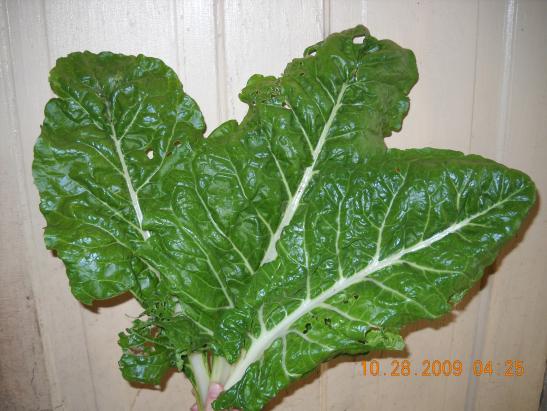Compare Quality
You can taste the organic difference!
Many of the foods you thought were either bland or tart tasting actually take on a new life when grown organically. The subtle sweet taste of corn onions or the broccoli we grow is a product of a healthy and nutritious plant that enjoyed a full life cycle in balanced soil.
Too many organic growers starve their crops and the results are bland organic foods with little nutritional value. We at L.P.C. test with a brix meter to determine if we are going in a positive direction for flavor .
Organic foods, properly grown and nurtured, must be planted in a quality soil that takes years to develop or, supplied with enough organic amendments to build the soil while feeding the crop.
One of the keys to proper organic production is crop rotation. Crop rotation is necessary to reduce plant pests, diseases, and nutrient deficiencies. For example, a crop in the same family such as a Brassica, is a large family of plants that contain Cabbage, Brussels sprouts, Broccoli, Turnips, Kale, and many others to numerous to mention, these plants will consume the same nutrient bank. Until a proper rotation is in place plants feeding on the same nutrient bank will become deficient in nutrients and plant health. Sacrificing quality and flavor.
This is an example of Swiss Chard-Beta Vulgaris grown organically. Swiss Chard is in the same family as beets. So in a proper crop rotation you would not have beets behind Swiss chard or vice versa. These two should not be interseeded either. As they are susceptible to the same insects and diseases and mine the same nutrient bank. One is a leaf crop the other is root but yet they are in the same family. This Swiss Chard is in its second year of production in the same area, you may get up to three growing seasons for each planting, in this case we may have to use soil amendments to replace the fertility requirements but its not necessary at this time.
